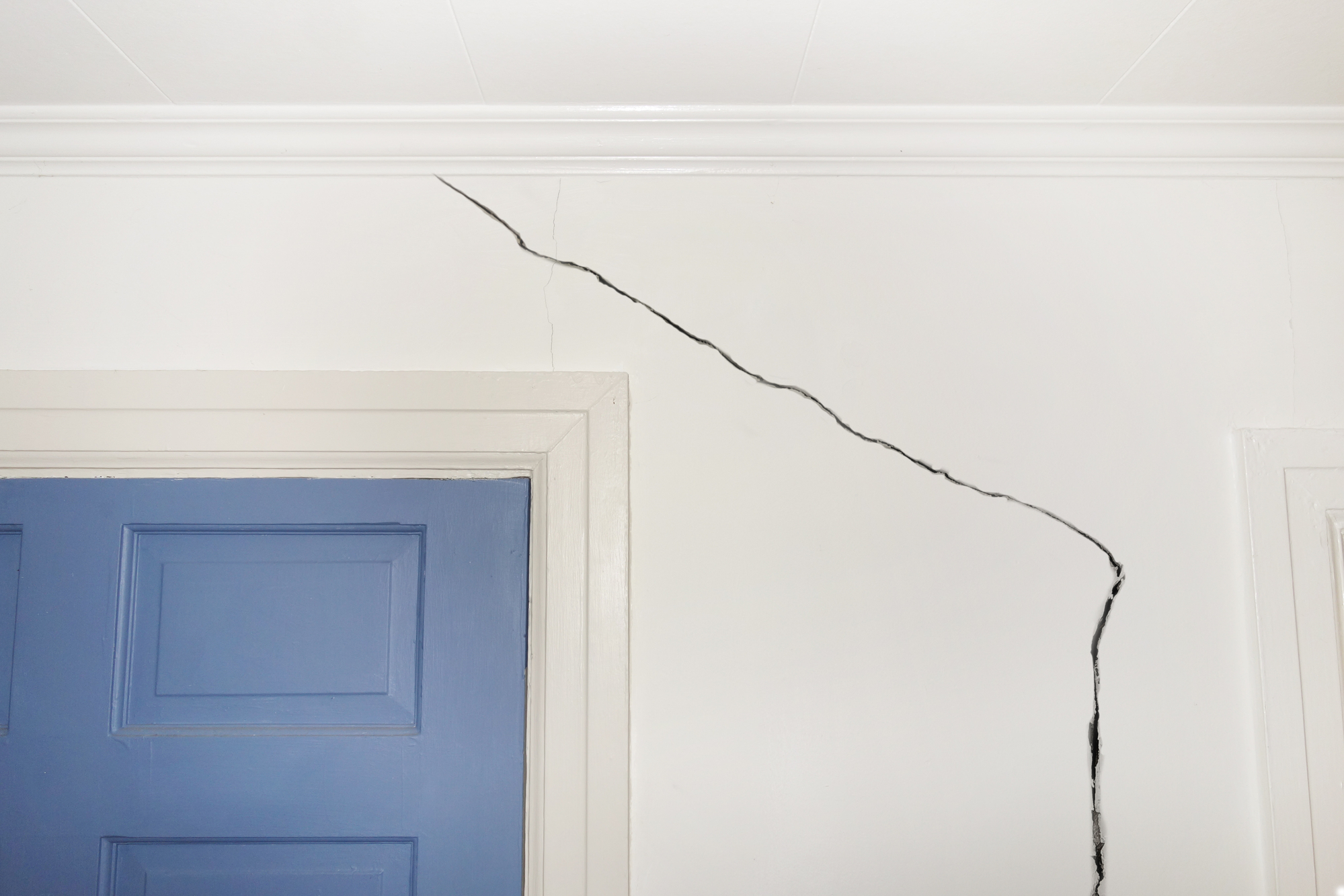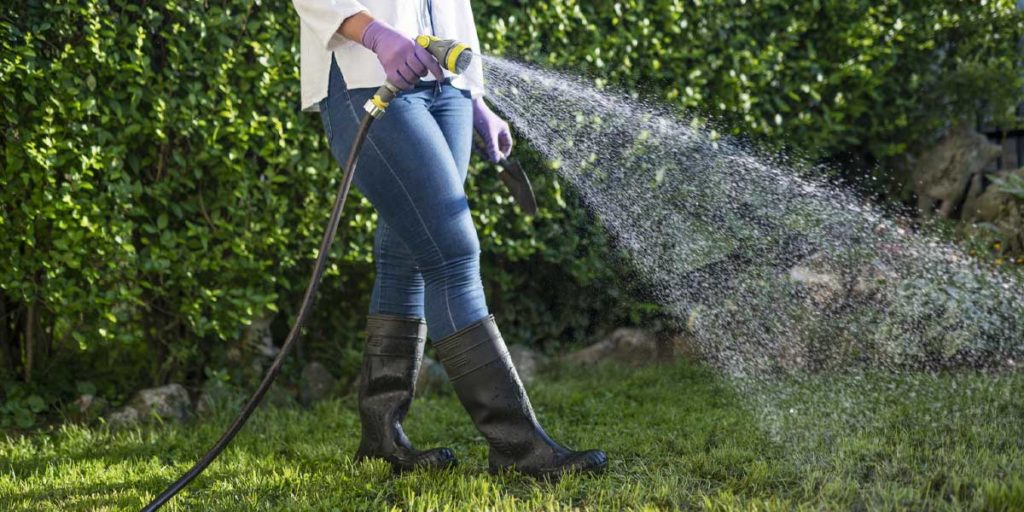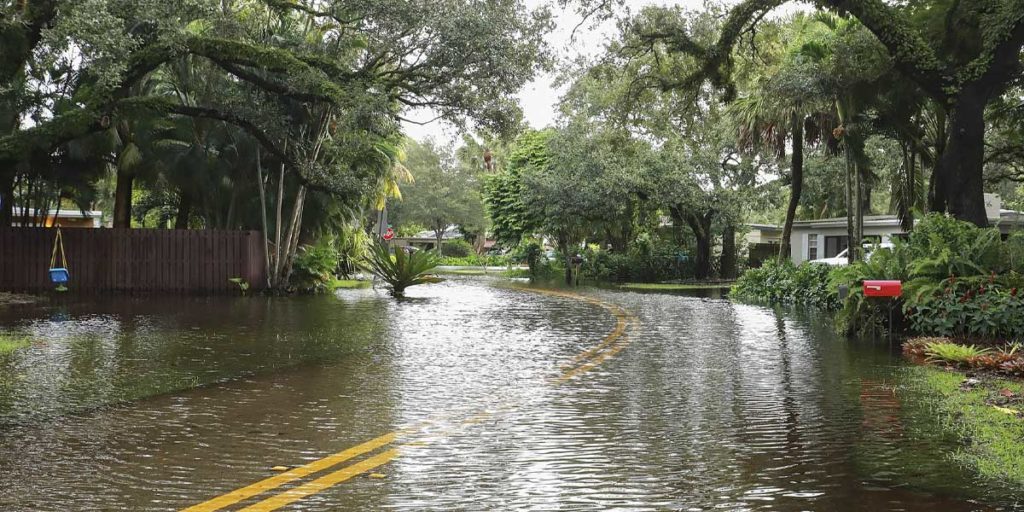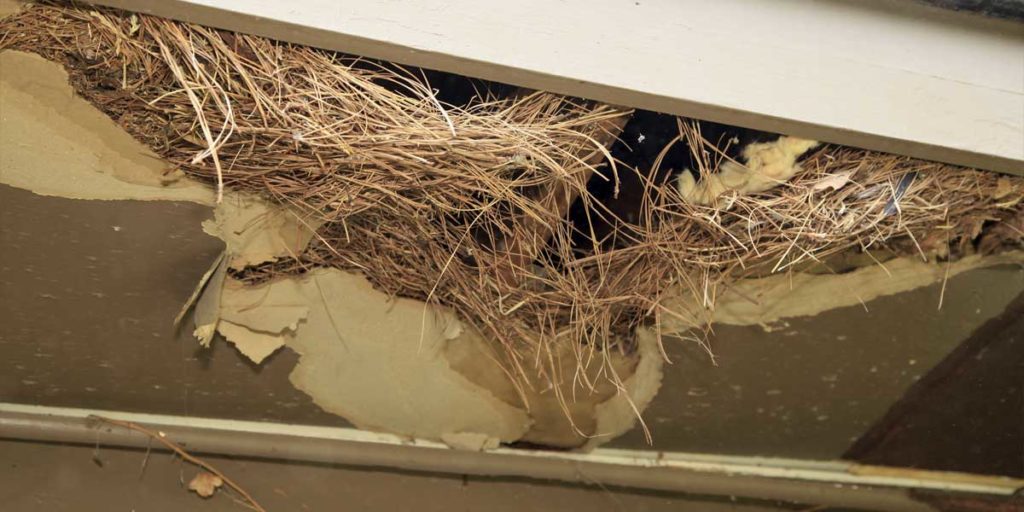Nesting Species
There are a variety of animals that can cause damage to homes by nesting in them. They can include:
Nesting animals can create several problems for homeowners, including structural damage, the contamination of insulation and ductwork, and the spread of disease.
The best way to prevent nesting animals from damaging your home is to ensure they cannot get inside in the first place. This means sealing up any cracks or openings they could use to gain access. You should also remove any potential nesting sites, such as piles of leaves or debris, from around your home.
If you do find a nest in your home, call a professional to remove it to prevent further damage from occurring.







